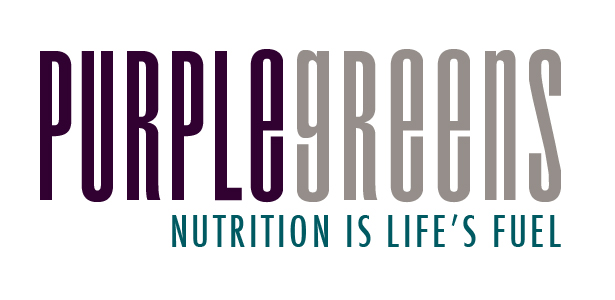It’s exciting! You signed up to complete a triathlon, century, marathon, or another ultra event this summer. The training requires time and dedication to get your ready. You have your training plan figured out and are ready to go. But are you? What’s your fueling strategy? You may have researched that you should take x grams of carbs per hour, drink every 20 minutes and drink/eat the latest and greatest products to improve your performance. Unfortunately, this type of plan only works for the outliers. The truth of the matter is that there is no magic calculation that works for everyone (even though marketers are good at convincing us otherwise). Read on to learn why you need a personalized approach to your fueling strategy.
Gender. Did you know that women and men need different amount of carbohydrates even excluding weight and fat mass differences. Women are better fat burners than men, whereas men can absorb more fructose than women.
Genetics. Are your predisposed to metabolism issues based on your genetics? Are you a poor methylator, susceptible to lactose intolerance or have impaired vitamin D absorption.
Age. Junior athletes are like women; they are better fat burners. So matching the number of carbs per hour to their elder men can cause a plethora of issues. Older athletes have challenges too. It is true as we age our metabolism slows down and is not as efficient.
Health Status. How’s your overall health? Do you get migraines, have high blood pressure and/or cholesterol? Are you celiac or prediabetic? Not fueling to match your health status is not a wise strategy.
Temperature. Training and competing in the cold and heat affects the absorption rate of carbohydrates, as well as your electrolyte needs.
Hydration. I’ve spoken a few times about the fact that being 2% dehydrated can affect performance. Well the truth is that overhydration is just as bad and drinking plain water is not a good solution either. The method you use for measuring your sweat rate is key and a clue is that conducting a sweat test is not the answer.
Types of carbohydrates. What’s the best type of carbs? Maltodextrin, honey, sucrose? There is science and evidence that the right mix of carbs has an impact on performance. And back to gender and age difference, the type and quantity does matter. A little secret, it’s not what the product label tells you.
Interested in a personalized nutrition plan to fuel your performance (and health)? Contact Us.
